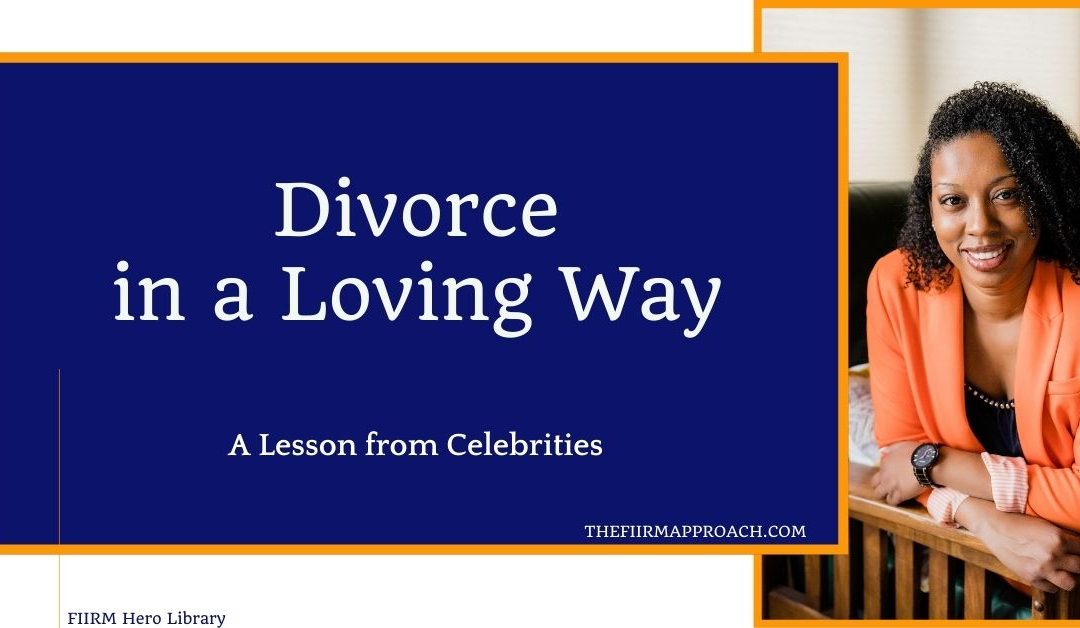
Divorce in a Loving Way
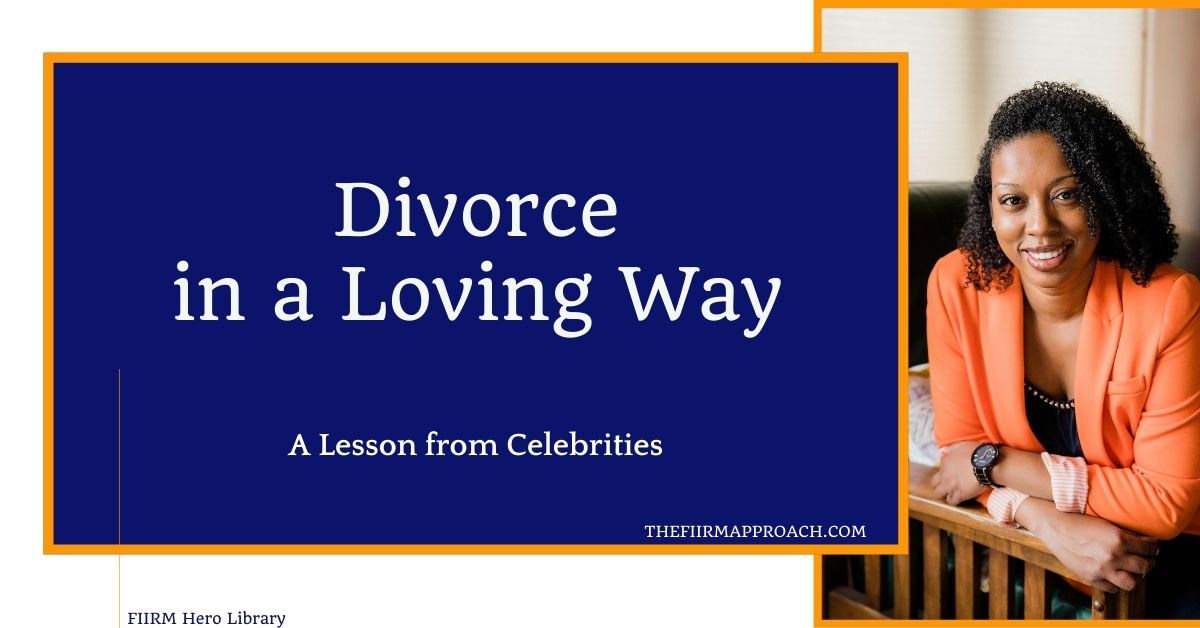
Divorce in a Loving Way
Updated January 1, 2023
Originally Published: February 15, 2022
How to Have a Peaceful Divorce
Celebrity divorces happen regularly and seem to have a common theme.
Their press releases offer the same themes of sadness, wishing others the best, continuing love and respect, the desire to move forward, and of course, the need for privacy.
Many seem to be able to move forward with a peaceful divorce, seemingly drama free.
As fans or bystanders, we form our own opinions about how we feel about the couple and what we think is going on behind closed doors.
We express anger, disappointment, and shock as if we know them personally.
All the while knowing we are so many degrees separated from the celebrity couple that their divorce will have little to no impact on our day-to-day lives.
But what about the people close to us who decide to divorce? Or what about when it’s us?
Divorce is one of the most difficult life changes that many people go through. Both parties can experience hurt and anger, and the feelings tend to affect those in our lives.
There are times when the way celebrities lead their lives is so unrelatable that there’s not much that everyday people can learn from it. But I think this trend could help us understand how to manage divorce amicably a.k.a peacefully.
The FIIRM Approach to Achieving a Peaceful Divorce
It is possible to divorce in a peaceful, loving way.
The FIIRM Approach methodology includes declaring your intention at the very beginning of the divorce process.
Setting an intention doesn’t mean you will do everything right or won’t have moments when you feel unsure. Still, it’s a chance to hold yourself accountable and manage the expectations of others.
I wrote a blog post in 2020 and updated it in 2022 called How to Get the Support You Need During a Divorce to help women understand their power in shaping their divorce experience.
While you may not have the judgment of millions of strangers to consider as you prepare to divorce, managing the expectations of your family by setting the tone in a joint or individual statement can help you get the support you need.
Achieving a peaceful divorce is possible and starts with issuing a statement to your soon-to-be-ex, friends, and family. You know…kind of how celebrities do.
State your intentions to establish and set the tone of how you plan to move through the process and what boundaries you will put in place. Giving your statement helps you set the narrative.
In the blog post mentioned above, I mentioned that giving your statement means “You’re being specific and kind in your request while disarming some of their gut reactions.”
Your statement doesn’t need to be delivered through a publicist or posted on social media. It can be shared via email, text, or even phone calls based on your opinion of the best way to communicate the news.
Too often, people are pulled into nasty divorces, forced to choose sides, give statements, and defend others’ actions. Honestly, except for the nosey/shady ones, most of your family & friends don’t want to get in the middle of your divorce. They want to support you as you make this significant transition in your life while staying “above the fray/cray cray.”
Check out our Divorce Support Pack to give you the tools to craft your statement.
Of course, sharing a statement doesn’t necessarily stop people from asking questions, but I welcome you to take another page from the celebrity playbook and respond with “No comment” or “There is nothing further to share at this point” and keep moving forward.
It’s a gentle reminder to refer them to your statement, remind them you want a peaceful divorce, and keep the interference to a minimum.
10 Ways to Divorce in a Loving Way
Divorcing in a peaceful & loving means you have no desire to “fight to the death” with your soon-to-be ex. This may look different for each of us, depending on the divorce circumstances. However, here are a few examples of how to achieve a peaceful divorce:
- If you are initiating the divorce, explore less contentious divorce methods (understanding that no matter how hard you try, you may end up in court)
- Find emotional/mental support specifically for your divorce journey
- Understand your emotional triggers and non-negotiable items (this does not mean that you are not expected to feel emotional)
- Understand your partner’s triggers (this will help with communication)
- Choose mutually beneficial ways to communicate (follow-up verbal conversations in writing when possible)
- Make sure you are having conversations or negotiations from an informed position
- Refrain from oversharing (this includes family, friends, AND your soon-to-be-ex)
- Spend more time listening
- Be mindful of responses from a place of anger or hurt. Pause and collect your thoughts when needed.
- Understand that everyone will lose in some way…strategically prepare for your losses.
Your divorce may not look like something on the Hallmark Channel (one of my favorite channels, by the way,) but you have the opportunity to frame your divorce journey with the best intentions, which is a great place to start.
Divorce can be incredibly painful, and getting the help you need can help you get ready for the next chapter in your life. We developed a tool to help you navigate your pre & post-divorce journey. Check out our Divorce Support Pack to give you the tools you need to come out on the other side okay.

Nikki Tucker
Founder & Managing Director
Nikki is an experienced financial services professional, a Certified Divorce Financial Analyst ®, and the primary divorce financial strategist for The FIIRM Approach. She helps female breadwinners prepare for divorce to avoid common financial mistakes and confidently maintain their financial security post-divorce. She uses proven strategies within the FIIRM Approach methodology so her clients can manage their money, debt, and credit and be connected to the right resources for the next phase of life. TAKE ACTION & LEARN about the tools that can help make your pre and post-divorce easier. Grab your FREE Divorce Support Pack.



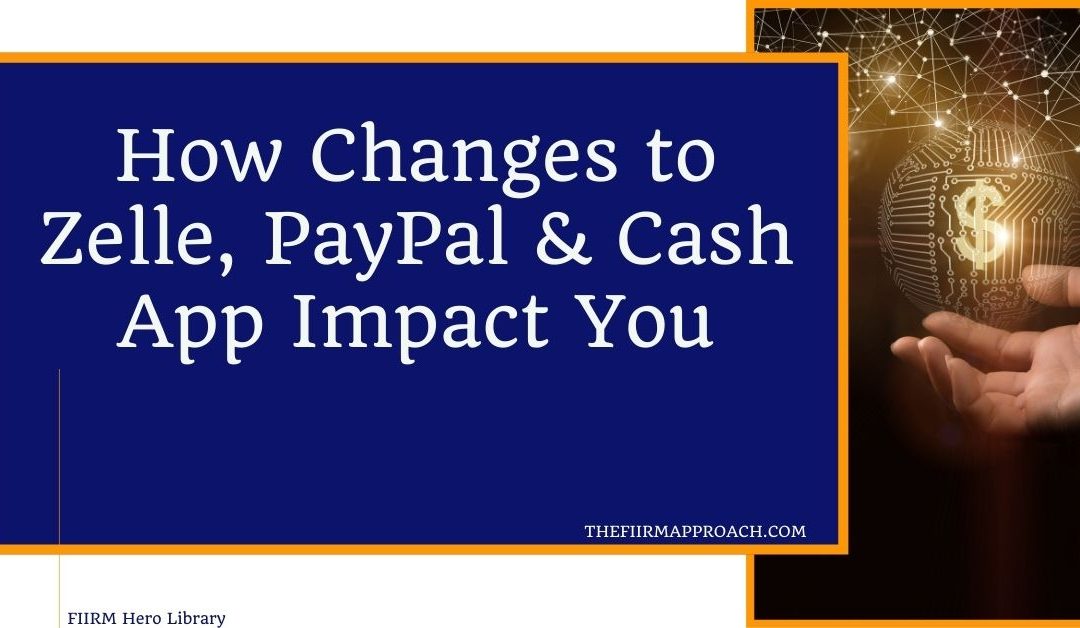
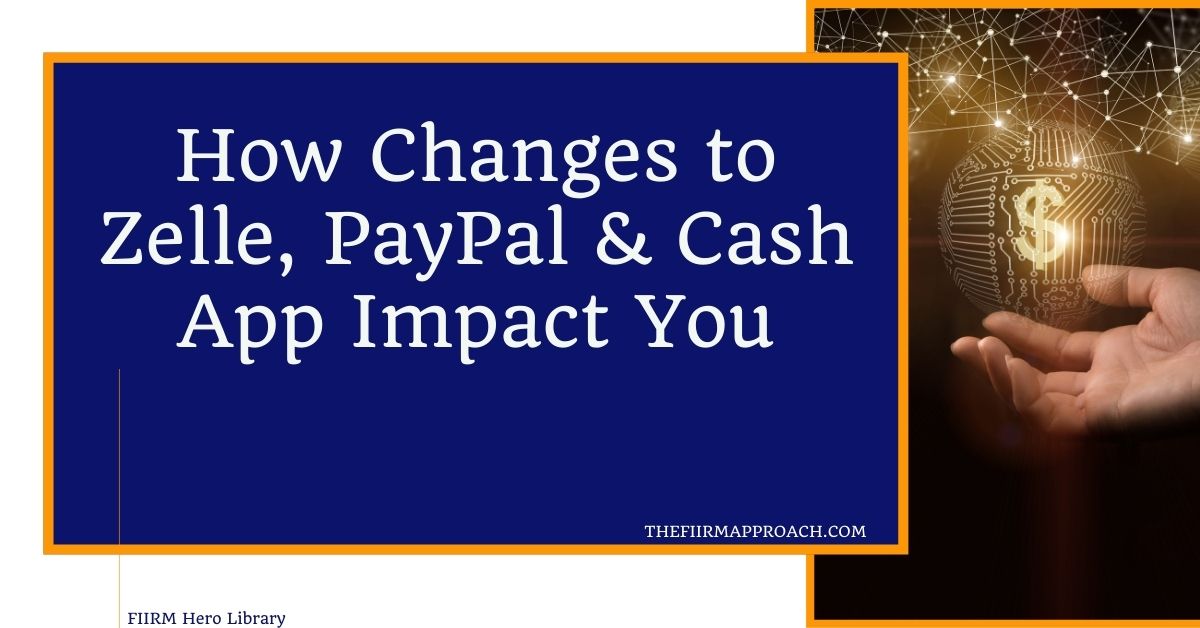
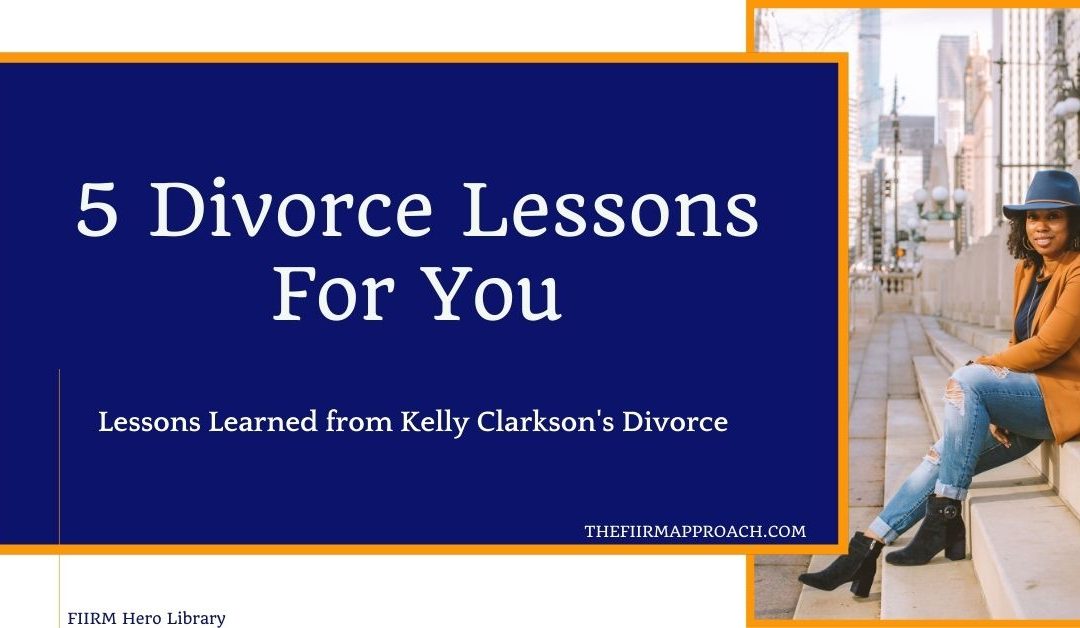
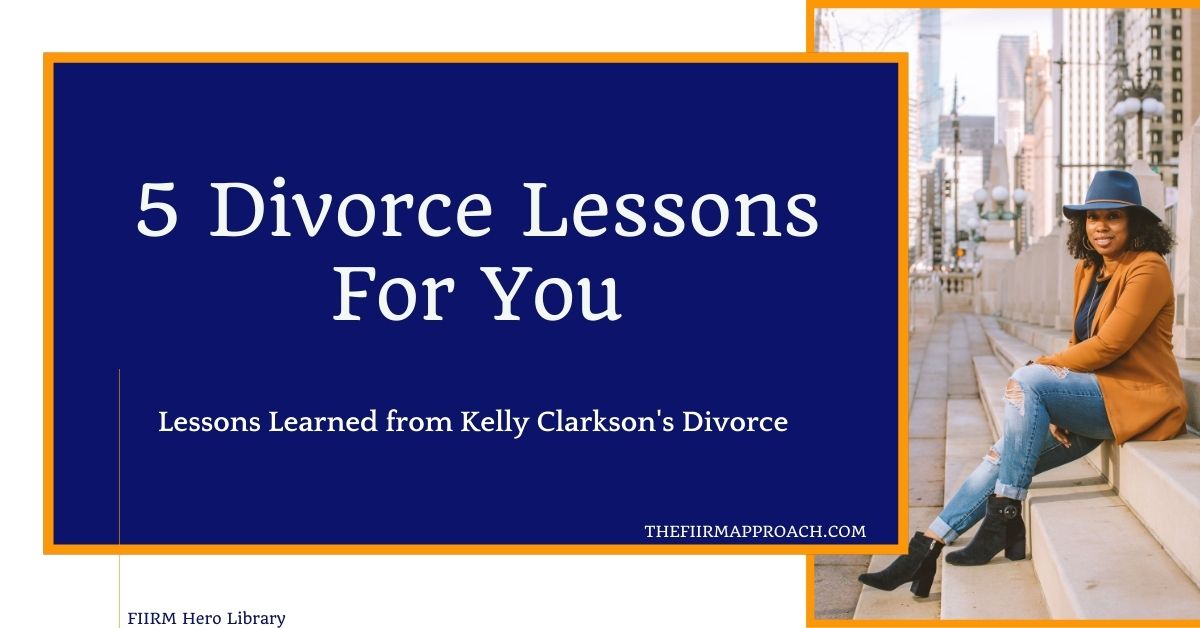






Recent Comments